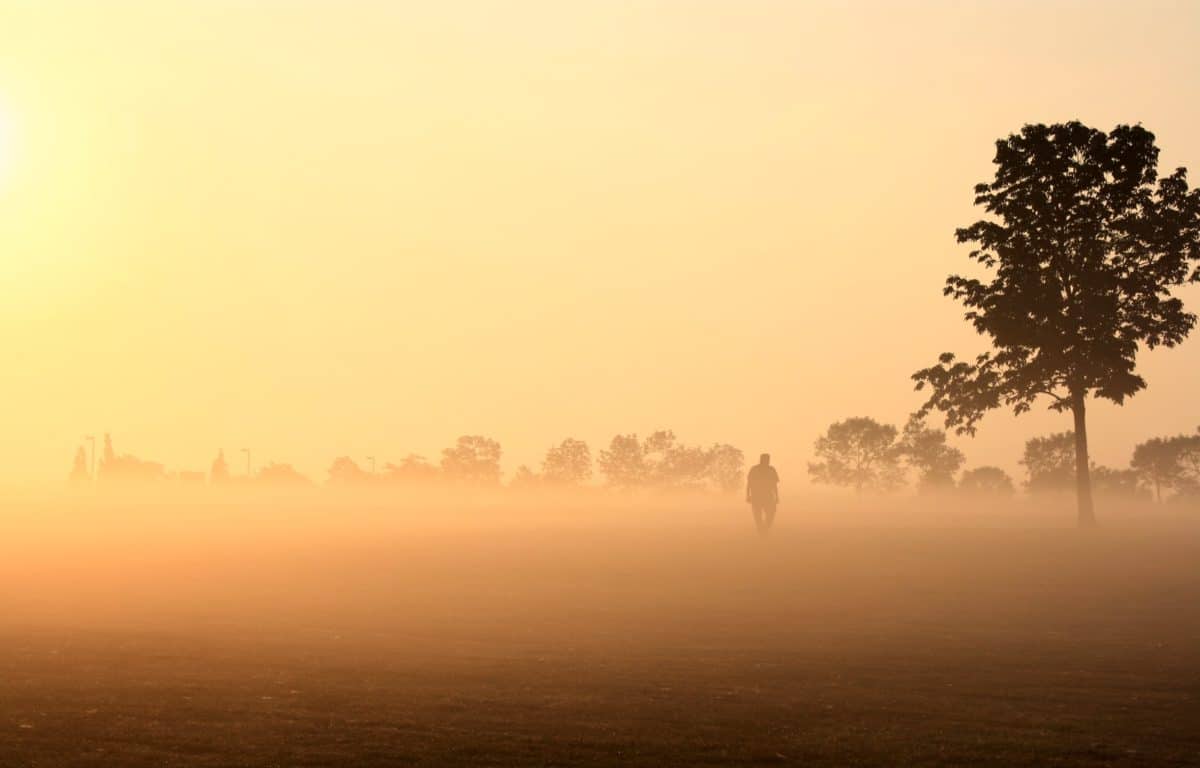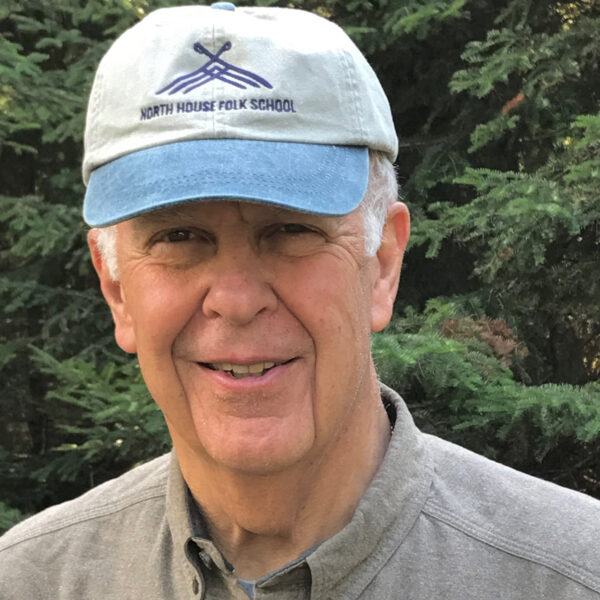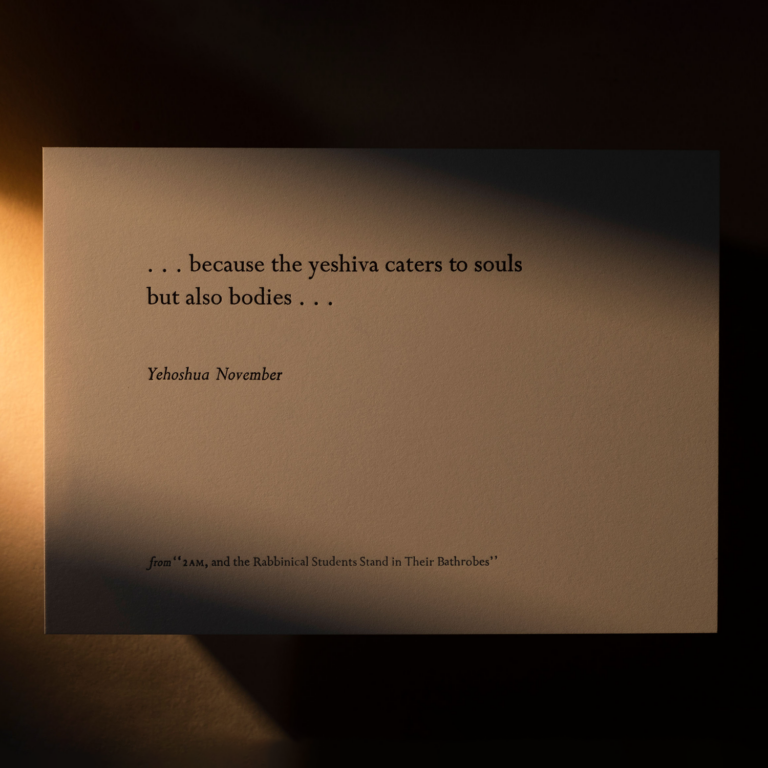
Heartbreak, Violence, and Hope for New Life
Image by Indy Kethdy/Flickr (CC BY-NC-SA 2.0)., © All Rights Reserved.
A disciple asks the rebbe: “Why does Torah tell us to ‘place these words upon your hearts’? Why does it not tell us to place these holy words in our hearts?” The rebbe answers: “It is because as we are, our hearts are closed, and we cannot place the holy words in our hearts. So we place them on top of our hearts. And there they stay until, one day, the heart breaks and the words fall in.”
—Hasidic tale
Heartbreak comes with the territory called being human. When love and trust fail us, when what once brought meaning goes dry, when a dream drifts out of reach, a devastating disease strikes, or someone precious to us dies, our hearts break and we suffer.
What can we do with our pain? How might we hold it and work with it? How do we turn the power of suffering toward new life? The way we answer those questions is critical because violence is what happens when we don’t know what else to do with our suffering.
Violence is not limited to inflicting physical harm. We do violence every time we violate the sanctity of the human self — our own or another person’s.
Sometimes we try to numb the pain of suffering in ways that dishonor our souls. We turn to noise and frenzy, nonstop work, or substance abuse as anesthetics that only deepen our suffering. Sometimes we visit violence upon others, as if causing them pain would mitigate our own. Racism, sexism, homophobia, and contempt for the poor are among the cruel outcomes of this demented strategy.
Nations, too, answer suffering with violence. On September 11, 2001, more than three thousand Americans died from acts of terrorism. America needed to respond and plans for war were laid. Few were troubled by the fact that the country we eventually attacked had little or nothing to do with the terrorists who attacked us. We had suffered; we needed to do violence to someone, somewhere; and so we went to war, at tragic cost. A million Iraqis lost their lives, and another four million were driven into exile. Forty-five hundred Americans died in Iraq, and so many came home with grave wounds to body and mind that several thousand more have been victims of war via suicide.
Yes, violence is what happens when we don’t know what else to do with our suffering. But we can ride the power of suffering toward new life — it happens all the time.
We all know people who’ve suffered the loss of the most important person in their lives. At first, they disappear into grief, certain that life will never again be worth living. But, through some sort of spiritual alchemy, they eventually emerge to find that their hearts have grown larger and more compassionate. They have developed a greater capacity to take in others’ sorrows and joys, not in spite of their loss but because of it.
Suffering breaks our hearts — but there are two quite different ways for the heart to break. There’s the brittle heart that breaks apart into a thousand shards, a heart that takes us down as it explodes and is sometimes thrown like a grenade at the source of its pain. Then there’s the supple heart, the one that breaks open, not apart, growing into greater capacity for the many forms of love. Only the supple heart can hold suffering in a way that opens to new life.
What can I do to make my tight heart more supple, the way a runner stretches to avoid injury? That’s a question I ask myself every day. With regular exercise, my heart is less likely to break apart into shards that may become shrapnel, and more likely to break open into largeness.
There are many ways to make the heart more supple, but all of them come down to this: Take it in, take it all in!
My heart is stretched every time I’m able to take in life’s little deaths without an anesthetic: a friendship gone sour, a mean-spirited critique of my work, failure at a task that was important to me. I can also exercise my heart by taking in life’s little joys: a small kindness from a stranger, the sound of a distant train reviving childhood memories, the infectious giggle of a two-year-old as I “hide” and then “leap out” from behind cupped hands. Taking all of it in — the good and the bad alike — is a form of exercise that slowly transforms my clenched fist of a heart into an open hand.
Does a nation-state have a heart that can become supple enough to respond to collective suffering without violence? I doubt it. But since I don’t know for sure — and never will if I don’t keep the question alive — I’m not going to yield to cynicism. There are enough real-world facts and possibilities to justify hope. (There is much more on this topic in my book, Healing the Heart of Democracy)

Remember how people around the world stood in unity with us for a few weeks after September 11, 2001? “Today,” they said, “we, too, are Americans,” because they had known suffering at least as painful as ours. Suppose we’d been able to take in the global flood of compassion that came our way during those post-September 11 days. We might have been given the grace to consider the alternative to war many proposed at the time, including the late theologian and activist, William Sloane Coffin:
“We will respond, but not in kind. We will not seek to avenge the death of innocent Americans by the death of innocent victims elsewhere, lest we become what we abhor. We refuse to ratchet up the cycle of violence that brings only ever more death, destruction and deprivation. What we will do is build coalitions with other nations. We will share intelligence, freeze assets, and engage in forceful extradition of terrorists if internationally sanctioned. [We will] do all in [our] power to see justice done, but by the force of law only, never the law of force.”
That proposal aimed at turning suffering toward new life. As a nation, we lacked the moral imagination and capacity of heart to respond to our suffering with anything other than massive violence. So today we are living into Coffin’s prophecy of “ever more death, destruction and deprivation.” We have traveled some distance, it seems to me, toward becoming “what we abhor.” Violence is what happens when we don’t know what else to do with our suffering.
But alternatives abound in our personal and political lives. Will we use them? It depends on our willingness to exercise our hearts so that when suffering strikes, they will break open to new life.
Lead
by Mary OliverHere is a story
to break your heart.
Are you willing?
This winter
the loons came to our harbor
and died, one by one,
of nothing we could see.(Excerpted from New and Selected Poems: Volume One. Read the full poem here.)


Share your reflection